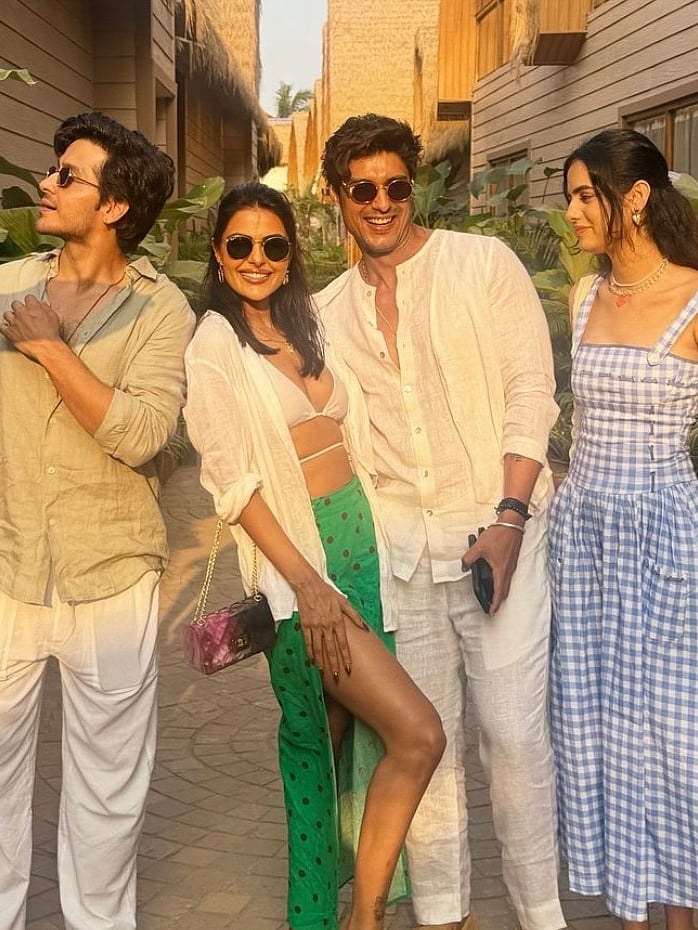NEW DELHI: The Delhi High Court on Wednesday delivered a split verdict on pleas to criminalise marital rape and referred the matter to the Supreme Court.
In question before the High Court was the matter of validity of the IPC provision that states charges of rape cannot be invoked against a man who has non-consensual sex with his wife.
One judge said, ‘yes’, it is a criminality, but another judge said, ‘no’.
‘‘The impugned provisions in so far as they concern a husband having intercourse with his wife without consent are violative of article 14 and are, therefore, struck down," Justice Shakdher held.
"I do not agree. There is no support to show that impugned exception violates Articles 14, 19 or 21. There is an intelligible differentia. I am of the view that the challenge cannot sustain," Justice Shankar held.
This will be a second case the top court will be adjudicating, as only on Tuesday, a Bench headed by Chief Justice of India N V Ramana admitted for hearing a case of marital rape from Bangalore.
The two-judge bench had reserved its judgement on February 21 on the petitions seeking to strike down the exception granted to husbands under the Indian rape law.
The court was hearing PILs filed by NGOs RIT Foundation, All India Democratic Women’s Association and a man and a woman seeking that the exception granted to husbands under the Indian rape law be struck down.
On February 7, the high court granted two weeks to the Centre to state its stand on the petitions seeking criminalisation of marital rape. However, the Centre again urged the court to grant more time which was refused by the bench on the ground that it was not possible to defer an ongoing matter endlessly.
The Centre had submitted that it has sent a communication to all states and union territories seeking their comments on the issue and urged the court that the proceedings be adjourned till such time the inputs are received.
Asserting that the case would have far-reaching consequences on social and family life, Solicitor General Tushar Mehta and Central government standing counsel Monika Arora, representing the Centre, had said that the government can place its stand only after a consultative process.
In its 2017 affidavit, the Centre had opposed the pleas submitting that marital rape cannot be made a criminal offence, as it could become a phenomenon that may destabilise the institution of marriage and an easy tool for harassing husbands.
However, the Centre told the court in January that it was “re-looking” at its earlier stand on the petitions and what was brought on record in the affidavit filed several years ago.
The petitioners have challenged the constitutionality of the marital rape exception under Section 375 IPC (rape) on the ground that it discriminated against married women who are sexually assaulted by their husbands.
Under the exception given in Section 375 of the IPC, sexual intercourse or sexual acts by a man with his wife -- the wife not being minor -- is not rape.
The petitioners had said that marital rape was the biggest form of sexual violence against women and the Delhi government had said that this act was already covered as a “crime of cruelty” under IPC.
An NGO, Men Welfare Trust (MWT), which is opposing the batch of petitions seeking criminalisation of marital rape, had argued that sexual intercourse between a husband and wife cannot be treated at par with that in non-marital relationships, as the issue of consent cannot be divorced from the context of a marriage.
It had submitted that the Domestic Violence Act was specifically promulgated for recognising spouse-related sexual violence.







.png)



